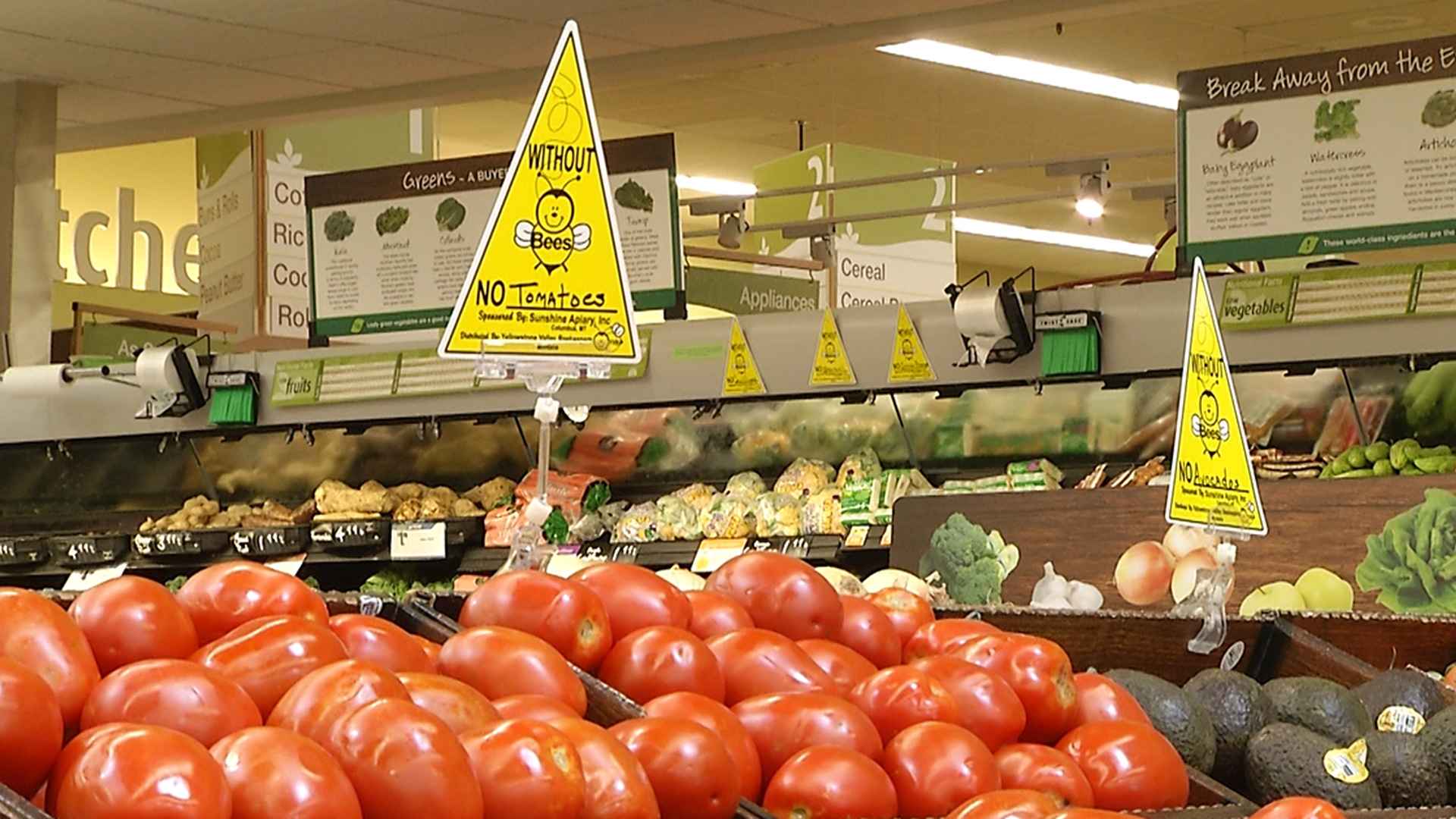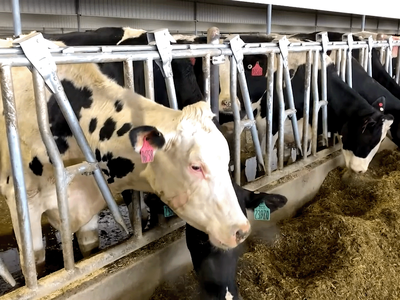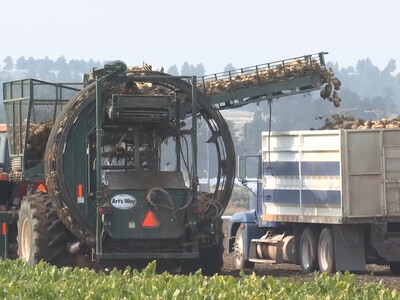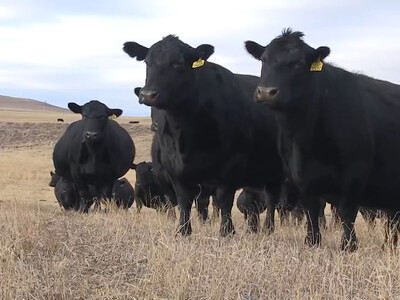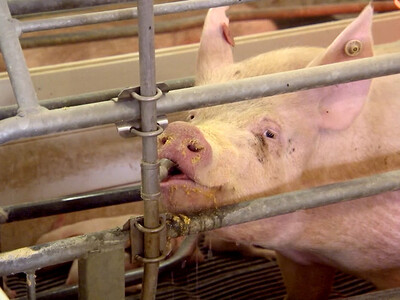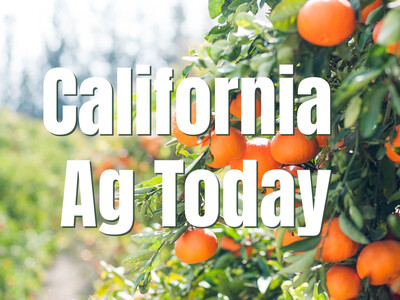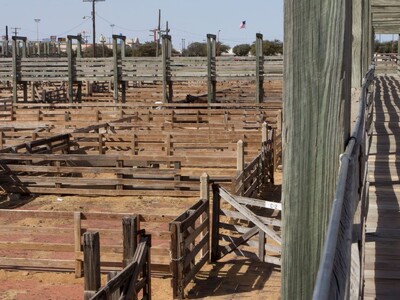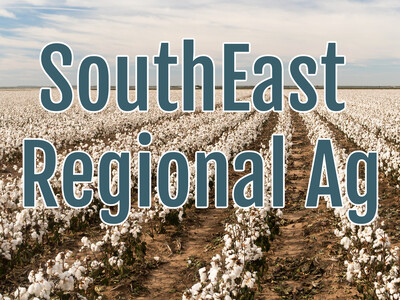FTC Challenges Albertsons & Kroger Grocery Merger
The Federal Trade Commission announced a challenge to Kroger’s $24.6 billion proposed acquisition of Albertsons, arguing the move would raise grocery prices for consumers and threaten workers’ livelihoods.In a release, the FTC charged that the deal, which would be “the largest proposed supermarket merger in U.S. history,” would “eliminate fierce competition between Kroger and Albertsons, leading to higher prices for groceries and other essential household items for millions of Americans.
“The loss of competition will also lead to lower quality products and services, while also narrowing consumers’ choices for where to shop for groceries,” the FTC said. “For thousands of grocery store workers, Kroger’s proposed acquisition of Albertsons would immediately erase aggressive competition for workers, threatening the ability of employees to secure higher wages, better benefits, and improved working conditions.”
The FTC said it has “issued an administrative complaint and authorized a lawsuit in federal court to block the proposed acquisition pending the commission’s administrative proceedings.” Attorneys general from eight states and the District of Columbia have joined the lawsuit, which was filed in federal court in Oregon.
The attorneys general who joined the suit are from Arizona, California, the District of Columbia, Illinois, Maryland, Nevada, New Mexico, Oregon, and Wyoming. Two weeks ago, Colorado's attorney general sued in state district court seeking to block the merger.
“This supermarket mega-merger comes as American consumers have seen the cost of groceries rise steadily over the past few years,” said Henry Liu, director of the commission’s Bureau of Competition. “Essential grocery store workers would also suffer under this deal, facing the threat of their wages dwindling, benefits diminishing, and their working conditions deteriorating.”
Specifically, the FTC said Kroger’s and Albertsons’ divestiture plan proposed to secure antitrust approval “a hodgepodge of unconnected stores, banners, brands, and other assets that Kroger’s antitrust lawyers have cobbled together [that] falls far short of mitigating the lost competition between Kroger and Albertsons.”
The plan calls for the two grocery companies to “divest several hundred stores and select other assets to C&S Wholesale Grocers (C&S), which today operates just 23 supermarkets and a single retail pharmacy.”
In a news release, Kroger disputed the claims and said the action “makes it more likely that America's consumers will see higher food prices and fewer grocery stores at a time when communities across the country are already facing high inflation and food deserts. In fact, this decision only strengthens larger, non-unionized retailers like Walmart, Costco and Amazon by allowing them to further increase their overwhelming and growing dominance of the grocery industry.”
An Albertsons' spokesperson said in a statement that the merger would “expand competition, lower prices, increase associate wages, protect union jobs and enhance customers' shopping experience.” The company also pointed to the potential for the FTC challenge to bolster larger retailers — specifically naming Amazon, Walmart and Costco — and said merging the two companies “will ensure our neighborhood supermarkets can better compete with these mega retailers, all while benefiting our customers, associates and communities.
“We are disappointed that the FTC continues to use the same outdated view of the U.S. grocery industry it used 20 years ago, and we look forward to presenting our arguments in court,” the spokesperson added.
However, Marc Perrone, president of the United Food and Commercial Workers International Union, said the FTC’s decision “reflects clear concerns over the impact such a megamerger could have on workers, food prices, and millions of customers. As our delegates made clear last year at our International Convention, the UFCW stands — and will continue to stand — in opposition to any merger that would negatively impact our hundreds of thousands of hard-working members who work at Kroger and Albertsons.”
Source: Agri-Pulse


